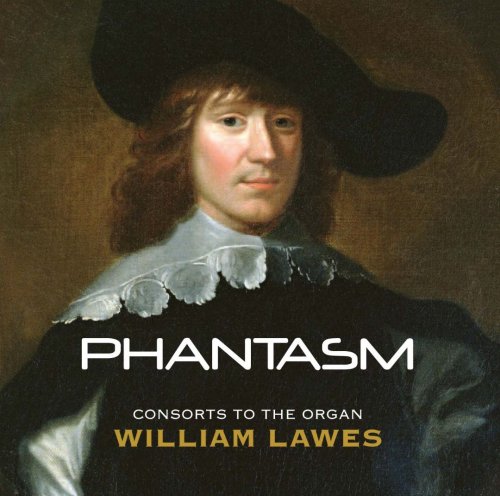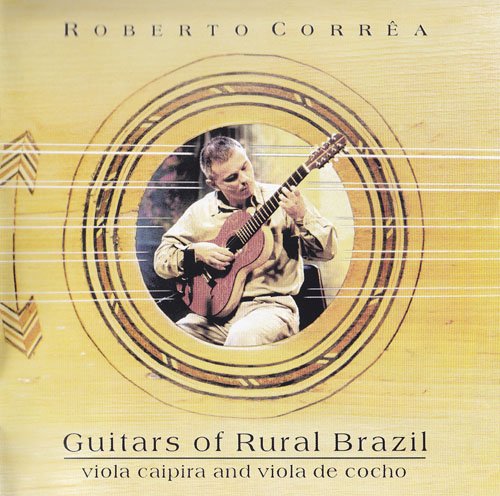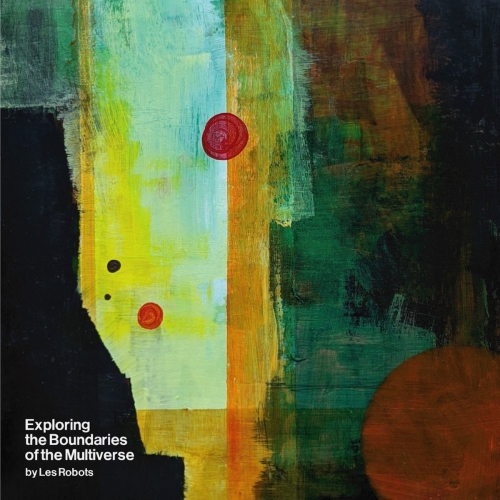Phantasm - William Lawes: Consorts to the Organ (2012)

Artist: Phantasm
Title: William Lawes: Consorts to the Organ
Year Of Release: 2012
Label: Linn Records
Genre: Classical
Quality: FLAC (image+.cue,log,scans)
Total Time: 01:17:28
Total Size: 432 mb
WebSite: Album Preview
Tracklist: Title: William Lawes: Consorts to the Organ
Year Of Release: 2012
Label: Linn Records
Genre: Classical
Quality: FLAC (image+.cue,log,scans)
Total Time: 01:17:28
Total Size: 432 mb
WebSite: Album Preview
William Lawes (1602-1645)
[1]-[3] I Set a5 in g minor
[4]-[6] II Set a5 in a minor
[7]-[10] III Set a5 in c minor
[11]-[13] IV Set a5 in C major
[14]-[16] V Set a6 in g minor
[17]-[20] VII Set a6 in F major
[21]-[23] VIII Set a6 in B flat major
Performers:
Phantasm
Laurence Dreyfus, treble viol and director
Wendy Gillespie, treble viol
Jonathan Manson, tenor viol
Emilia Benjamin, tenor viol
Mikko Perkola, tenor and bass viols
Markku Luolajan-Mikkola, bass viol
with Daniel Hyde, organ
William Lawes, who was shot and killed during the English Civil War, was the intellectual of English viol music in the 17th century, and the pieces heard here will appeal most to those whose interests run to the brainy and slighly shocking: Gesualdo, Zelenka, Carl Philipp Emanuel Bach. "Consorts to the organ" are viol consort pieces with the accompaniment of a small organ, which here blends almost imperceptibly into the texture only to emerge into unexpected short solos. That's typical of the offbeat quality of the music, manifest most of all in its harmonic content. Lawes delights in driving the music into thickets of dissonance and then setting it on the straight and narrow again just when you've become convinced it will run aground. The contrapuntal subjects are oddly shaped, and the overall concepts of the "sets" (groups of three or four pieces) and their individual movements vary wildly. You are in a world here very different from the sober, rather sad decorum that's the standard for viol music. The performances by the multinational group Phantasm are very good, with attention to the odder contrapuntal details (the group in no way skates over the dissonances) but a quiet dynamic range that fits well with the music's intimate qualities. It's not known exactly how this music was used, but it appears to have been played in private royal chambers for groups of people who could appreciate how strange and innovative it was, and Phantasm gets this atmosphere. They're aided by superb acoustics from the Linn label, which completely avoids the booming, churchy sound with which viol consorts are generally recorded (no recording venue is specified). Strongly recommended for those who have heard some viol music and are in a position to hear the strangeness in Lawes' works.

![VA - Don't Forget Your Guitar (2026) [Hi-Res] VA - Don't Forget Your Guitar (2026) [Hi-Res]](https://www.dibpic.com/uploads/posts/2026-02/1770953687_gt4nx4q6kuaac_600.jpg)
![Charles Mingus - Mingus Ah Um (1959) [2022 DSD256] Charles Mingus - Mingus Ah Um (1959) [2022 DSD256]](https://www.dibpic.com/uploads/posts/2026-02/1770882753_folder.jpg)



![Shake Stew - TEN ONE TWO (2026) [Hi-Res] Shake Stew - TEN ONE TWO (2026) [Hi-Res]](https://www.dibpic.com/uploads/posts/2026-02/1770829622_wjfgdtvb962qa_600.jpg)

![Amal Murkus, Alessandro Sgobbio - تنفُّس Breathing (2026) [Hi-Res] Amal Murkus, Alessandro Sgobbio - تنفُّس Breathing (2026) [Hi-Res]](https://img.israbox.com/img/2026-02/12/9poaluplwioed8qjbmjfl2ajb.jpg)